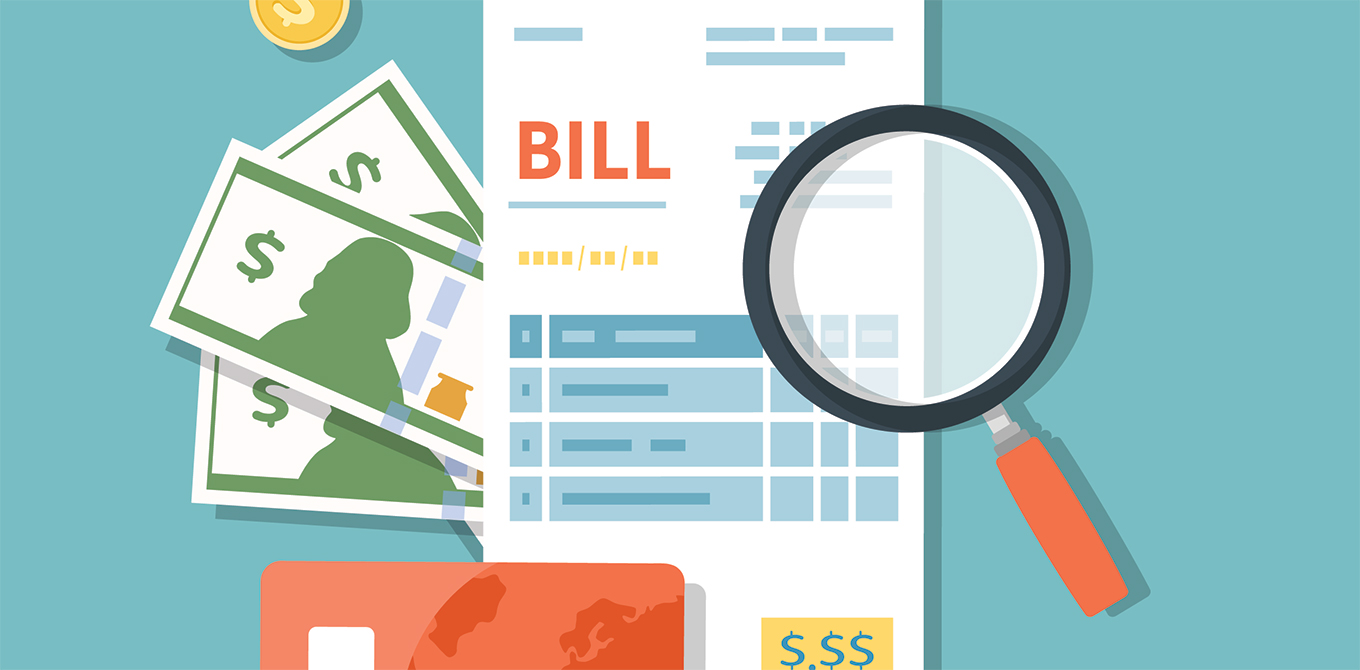5 steps to start planning (and saving for) your next vacation
Thinking about getting away and enjoying your time off? By starting your vacation planning now, you’ll have plenty of time to research, plan your travel, and set your vacation budget. The earlier you begin, the better your chances of getting lower cost airline or hotel reservations.
Consider these five travel planning tips for a vacation worth waiting for.
1. Build a vacation budget
What's your idea of the perfect vacation? Maybe you want to get away and relax at the beach or soak up the sights, sounds, and history of a major city. Your ideal escape could include a road trip, visiting family, or spending a day as a tourist in your hometown.
Whatever you're planning, you should start by setting a vacation budget. You may already have a general ballpark number that you’re comfortable with spending, but taking the time to look at details and research multiple options will pay off in the end.
Potential costs to consider:
- Transportation: airfare, airport parking, car rental, taxis or ride-shares
- Lodging: hotel, resort, or home rental – do you have a pet that needs boarded while you’re gone?
- Food and drinks: will you cook or eat out each meal?
- Attractions: museums, tours, shows, boardwalk games, mini-golf, etc.
- Spending Money: gifts and souvenirs
Then, create and analyze your budget:
- Add all those costs together and you have your estimated spend – is it within your ballpark figure?
- Review your estimates again to cut costs – do you really need to go to the boardwalk every night of the week?
- Then, it’s time to start saving - divide the total by the number of months until you plan to take your trip.
- You’ll end up with the total you need to save each month to pay for your vacation without putting anything on a credit card.
2. Sign up for discount apps and emails
When you're looking for discounts on travel, there's no need to reinvent the wheel. There are plenty of people who are already digging for deals across the internet, so download apps or sign up for email newsletters or alerts that will deliver the best deals straight to your inbox. You can peruse these newsletters as they arrive and take advantage of the deals that work for you.
3. Time your travel booking
Prices on airfare, hotels, and even attractions change all the time. And getting the best price depends on when you decide to buy.
For instance, the average fare for an economy airline trip changes 61 times, according to a study by CheapAir.com. The study analyzed 917 million airfares in 8,000 markets to find the best times to purchase airline travel. For a summer trip, the prime booking window — when the lowest fares tend to appear — is between three weeks and four months before the trip. If you're looking for peace of mind and book more than six months in advance, you can expect to pay $50 more per ticket on average.
The best time to book hotel rooms and get the lowest price is between three and four weeks before you travel. It's a good idea to monitor hotel prices starting about 40 days before your trip to watch for dips in price and compare a few different hotels in close proximity to try to get the best deal.
If staying in a hotel isn't a priority, you may save money by booking a home or room through Airbnb or HomeAway.
Wherever you stay, double check the cancellation policy. If it’s flexible and you find a better deal, you can always cancel and rebook.
4. Do your homework on your destination
Every destination has its share of attractions — and there are always ways to experience a new locale on the cheap. Spend time researching your destination online. Discount cards or passes that allow you to visit multiple attractions for one price are often worth the money.
Many attractions offer free visit days or “pay what you can" days. Or you might find that your museum membership grants you entrance to other museums outside of your area. And if you take time to familiarize yourself with community calendars available from local tourism websites or municipal websites, you may find unique cheap or free activities and events that would enhance your trip.
5. Reap those travel rewards
Travel rewards are widely available, so take advantage of them. For instance, if you book your travel through a rewards website you may be able to get cash back on your travel purchases.
If you have a credit card, check to see whether it offers a travel rewards program. You may have points available from past purchases that you can cash in for free or discounted travel. If your existing card doesn't offer travel rewards, consider opening a new travel rewards credit card account to accumulate points for everyday purchases, and apply those points to get travel discounts. It’s also worthwhile to check if your credit card company provides travel insurance for bookings, particularly for rental cars.




